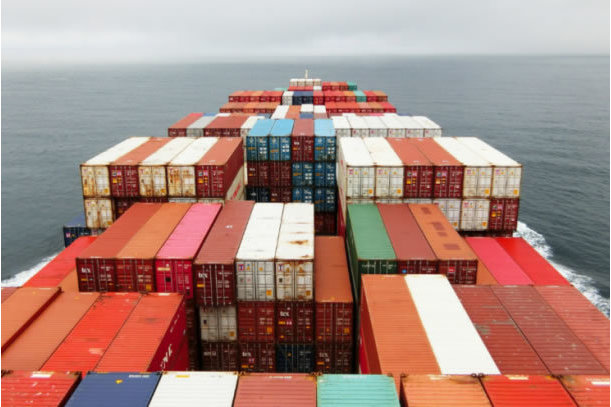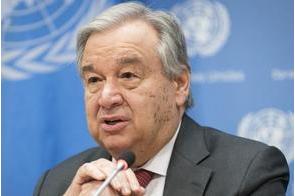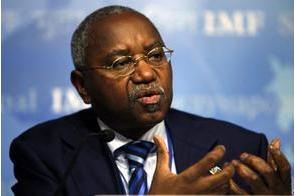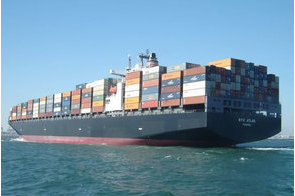Nigeria records $87 billion in trade misinvoicing in 10 years

Summary
Trade misinvoicing is a major type of illicit financial flow and can be used to evade customs duties, VAT taxes, and currency controls among other illicit activities.
Global Financial Integrity (GFI), a Washington DC-based think tank producing analyses on illicit financial flows (IFFs), on Tuesday released the report of its new study, which shows Nigeria recorded estimated $87 billion in trade misinvoicing with its trading partners over the 10-year period 2008 – 2017. The report also shows that the gap in Nigeria’s trade value with some 36 advanced economies averaged $4.882 billion, which translates to $48.8 billion, over the 10-year period.
According to the report “Trade-Related Illicit Financial Flows in 135 Developing Countries: 2008-2017,” the value of misinvoicing of Nigeria’s trade was 17.8 per cent of the country’s total trade value.
This study examined the latest official government trade data reported to the United Nations to estimate the magnitude of trade misinvoicing. The act of trade misinvoicing is a major type of illicit financial flow and can be used to evade customs duties, VAT taxes, and currency controls among other illicit activities. It also deprives developing country governments of desperately needed tax revenues.
Misinvoicing is one of the largest components of measurable IFFs. Trade misinvoicing occurs when importers and exporters deliberately falsify the stated prices on the invoices for goods they are importing or exporting as a way to illicitly transfer value across international borders, evade tax and/or customs duties, launder the proceeds of criminal activity, circumvent currency controls, and hide profits offshore.
The study focused attention on misinvoicing in trade between and among 135 developing countries and 36 advanced economies, and found $8.7 trillion gap in reported trade between the groups of countries over the ten years. The report states that trade misinvoicing is a significant obstacle to sustainable development.
“Developing countries are losing a significant percentage of the value of their trade transactions. Indeed, in 2017, the value gap associated with trade misinvoicing amounted to 18 percent of developing country trade,” Tom Cardamone, President and CEO of GFI, said in a statement sent to Financial Nigeria. “If the integrity of trade transactions cannot be assured, it is unlikely countries will be able to achieve the UN Sustainable Development Goals by the 2030 deadline.”
Cardamone also noted that poorer nations are often the hardest hit by misinvoicing. “Of the ten countries with the largest average value gap from 2008-2017, six are in Africa and are among the poorest countries in the world, including Sao Tome and Principe, The Gambia, and Burundi,” said Cardamone.
In 2017, the most recent year for which data are available, the total value gap in trade between advanced economies and developing countries was $817.6 billion.
Notable findings in the report includes: The developing countries with the largest annual average value gaps in their bilateral trade with 36 advanced economies over the 10-year period were China ($323.8 billion); Mexico ($62.9 billion); Russia ($56.8 billion); Poland ($40.9) billion; and Malaysia ($36.7 billion). Developing countries with the largest value gaps as a percent of their total bilateral trade with the 36 advanced economies over the ten-year period were The Gambia (37.3%); Togo (30.2%); The Maldives (27.4%); Malawi (26.8%); and the Bahamas (26.6%).
Regionally, the largest value gaps in trade with the 36 advanced economies over 2008-2017 were: Developing Asia ($476.3 billion); Developing Europe ($167.9 billion); Western Hemisphere ($131.5 billion); Middle East/North Africa ($70.6 billion); and Sub-Saharan Africa ($27.2 billion). The largest value gap between developing country regions was $63 billion, in 2014 between Middle East/North Africa and Developing Asia.
The average sizes of the value gaps as a percentage of total trade between Developing-Developing and Developing-Advanced trade partners were broadly similar – indicating trade misinvoicing is proportionately a similar problem in trade among developing economies as it is in trade between developing and advanced economies.
“Data asymmetry is a key problem in trade misinvoing. This report provides a host of global and national policy recommendations to reduce information asymmetry. Implementing these will help countries crack down on trade misinvoicng and start capturing more trade-related revenue,” Cardamone noted.
Related
-
Guterres makes case for strengthening multilateralism at UNGA 75
He said the dangerous mix of high geo-political tensions and complex threats to peace has now been complicated by COVID-19.
-
As economic rivals invest in Africa, US shouldn’t sit on the sidelines
American policymakers must face the fact that China supplanted the U.S. as Africa’s leading trading partner in 2009 ...
-
Afreximbank unveils strategy to increase intra-Africa trade to $250 billion
Afreximbank's new strategy is centered on three core pillars: Create, Connect, and Deliver.







